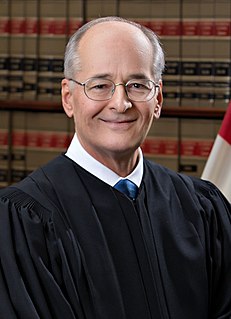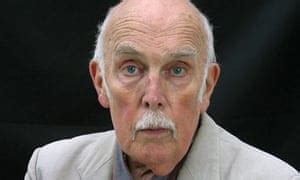A Quote by Ralph Waldo Emerson
The judge weighs the arguments and puts a brave face on the matter, and since there must be a decision, decides as he can, and hopes he has done justice and given satisfaction to the community
Related Quotes
I don't believe we need a good conservative judge, and I don't believe we need a good liberal judge. I subscribe to the Justice Potter Stewart standard. He was a justice on the Supreme Court of the United States. And he said the mark of a good judge, good justice, is that when you're reading their decision, their opinion, you can't tell if it's written by a man or woman, a liberal or a conservative, a Muslim, a Jew or a Christian. You just know you're reading a good judicial decision.
If an agency is the ultimate judge in every case of conflict, then it is also judge in all conflicts involving itself. Consequently, instead of merely preventing and resolving conflict, a monopolist of ultimate decision making will also cause and provoke conflict in order to settle it to his own advantage. That is, if one can only appeal to the state for justice, justice will be perverted in the favor of the state, constitutions and supreme courts notwithstanding.
A government is a compulsory territorial monopolist of ultimate decision-making (jurisdiction) and, implied in this, a compulsory territorial monopolist of taxation. That is, a government is the ultimate arbiter, for the inhabitants of a given territory, regarding what is just and what is not, and it can determine unilaterally, i.e., without requiring the consent of those seeking justice or arbitration, the price that justice-seekers must pay to the government for providing this service.









































